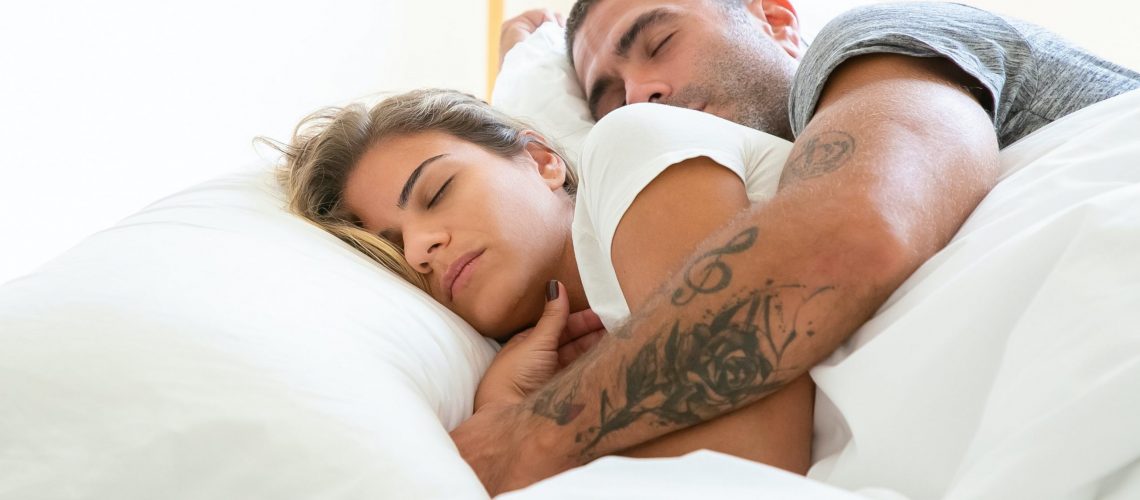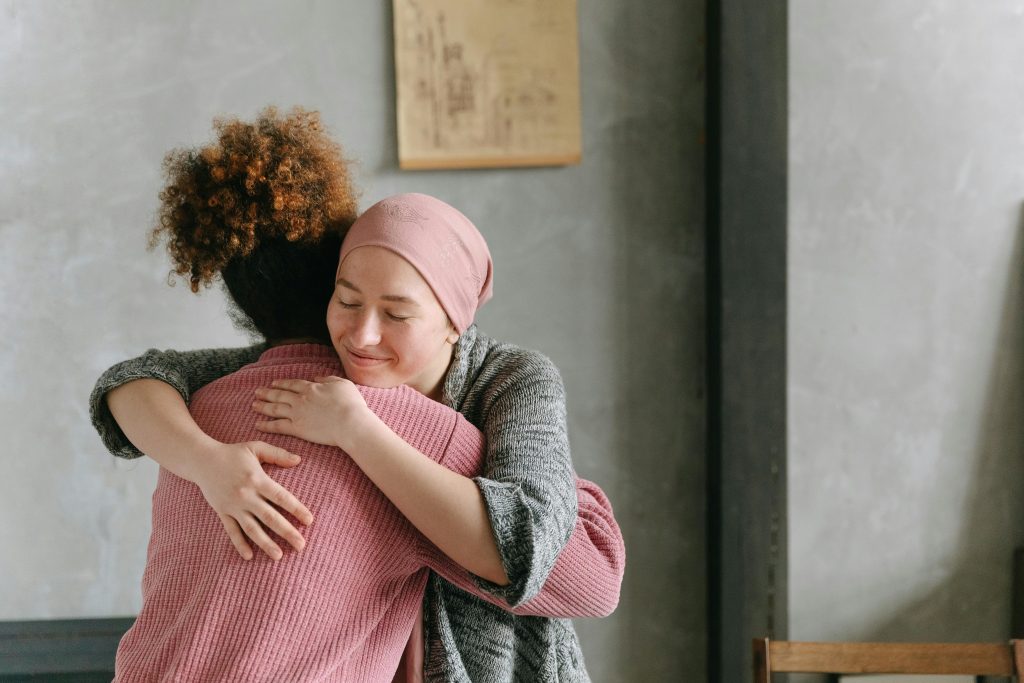Exploring the Gender-Specific Mysteries of Slumber
Welcome to a captivating exploration of how sleep, an integral component of life, varies intriguingly between men and women. This article delves into the latest research, unveiling the unique ways in which each gender experiences the world of dreams and rest.

Understanding Sleep: A Crucial Element for Well-being
The Sleep Needs of Women: More Than Just a Number
It’s not just about clocking more hours; women’s sleep requirements are deeply rooted in their daily cognitive engagements. The brain’s complexity in handling tasks such as multitasking and emotional processing, areas where women frequently excel, necessitates greater sleep for restoration and recovery. Women’s sleep is also a dance with their biological rhythms, delicately intertwined with hormonal cycles that mark various life stages, from the rhythmic ebb and flow of monthly cycles to the profound shifts of pregnancy and the transitions of menopause. Each phase brings its unique sleep patterns and challenges, making women’s sleep a dynamic and ever-evolving journey.
Men’s Sleep: A Different Set of Challenges
While men may not need the additional minutes of sleep that women do, their sleep journey is marked by its challenges. Men are more susceptible to sleep disorders like obstructive sleep apnea, a condition often undiagnosed but with far-reaching health implications. The evolution of men’s sleep patterns, especially the changes in REM sleep as they age, is an area of growing interest and concern. Lifestyle choices, stressors, and societal roles also play a significant role in shaping men’s sleep quality, often leading to varied sleep experiences and needs.
The Intricacies of Our Internal Clocks
The Subtle Dance of Circadian Rhythms
Our circadian rhythms, the internal biological clocks, are central to regulating our sleep-wake cycles. Intriguingly, these rhythms differ slightly between genders. Women generally have a slightly shorter circadian rhythm, predisposing them to earlier bedtimes and wake times. This difference, though subtle, has profound implications on how women and men schedule and experience their day and night.
Hormones: The Silent Regulators of Sleep
Hormones play a pivotal role in how we sleep. Women’s sleep experiences are closely tied to hormonal fluctuations, which can be both a source of sleep disruption and an avenue for understanding sleep patterns. In men, hormonal changes, particularly in testosterone levels, influence sleep quality and patterns, especially with advancing age.
Sleep Disorders: A Gendered Perspective
Women and Insomnia: A Complex Interplay
Women’s propensity towards insomnia is a complex interplay of biological, psychological, and socio-cultural factors. Hormonal shifts, psychological stress, and the multiple roles many women juggle contribute to a higher prevalence of insomnia. This complexity often necessitates a multi-faceted approach to treatment and management.
Men and Sleep Apnea: A Concerning Trend
Men’s greater risk for obstructive sleep apnea, often linked to lifestyle factors and physiological differences, is a growing health concern. Recognizing and addressing this condition is crucial, as it is often a gateway to other health issues.
The Impact of Social and Cultural Norms
Gender Roles Influencing Sleep
Our roles in society and at home significantly impact our sleep. Women, often the primary caregivers, may experience frequent sleep interruptions. Men’s sleep, conversely, can be affected by work pressures and societal expectations of masculinity, which may discourage seeking help for sleep problems.
The Universal Importance of Quality Sleep
Embracing Good Sleep Hygiene
Regardless of gender, quality sleep is a cornerstone of good health. Understanding and respecting our unique sleep needs is vital. Adopting good sleep hygiene, being attentive to our body’s signals, and seeking professional advice when necessary are essential steps towards improved sleep health.
A Message from Zoie Health
At Zoie Health, we are committed to empowering you with knowledge and understanding. By appreciating the distinct sleep needs and challenges of both men and women, we can all move towards a healthier, more rested life. Your sleep is precious; cherish and prioritise it, and let us guide you on this journey to better rest and well-being.
Stay connected with Zoie Health for more insights into healthy living, where we bring clarity and perspective to your wellness journey. Dream big and sleep well!
Sources: Dr Mayank Shukla, Sleep Foundation, Advanced Sleep Medicine Services, Inc










